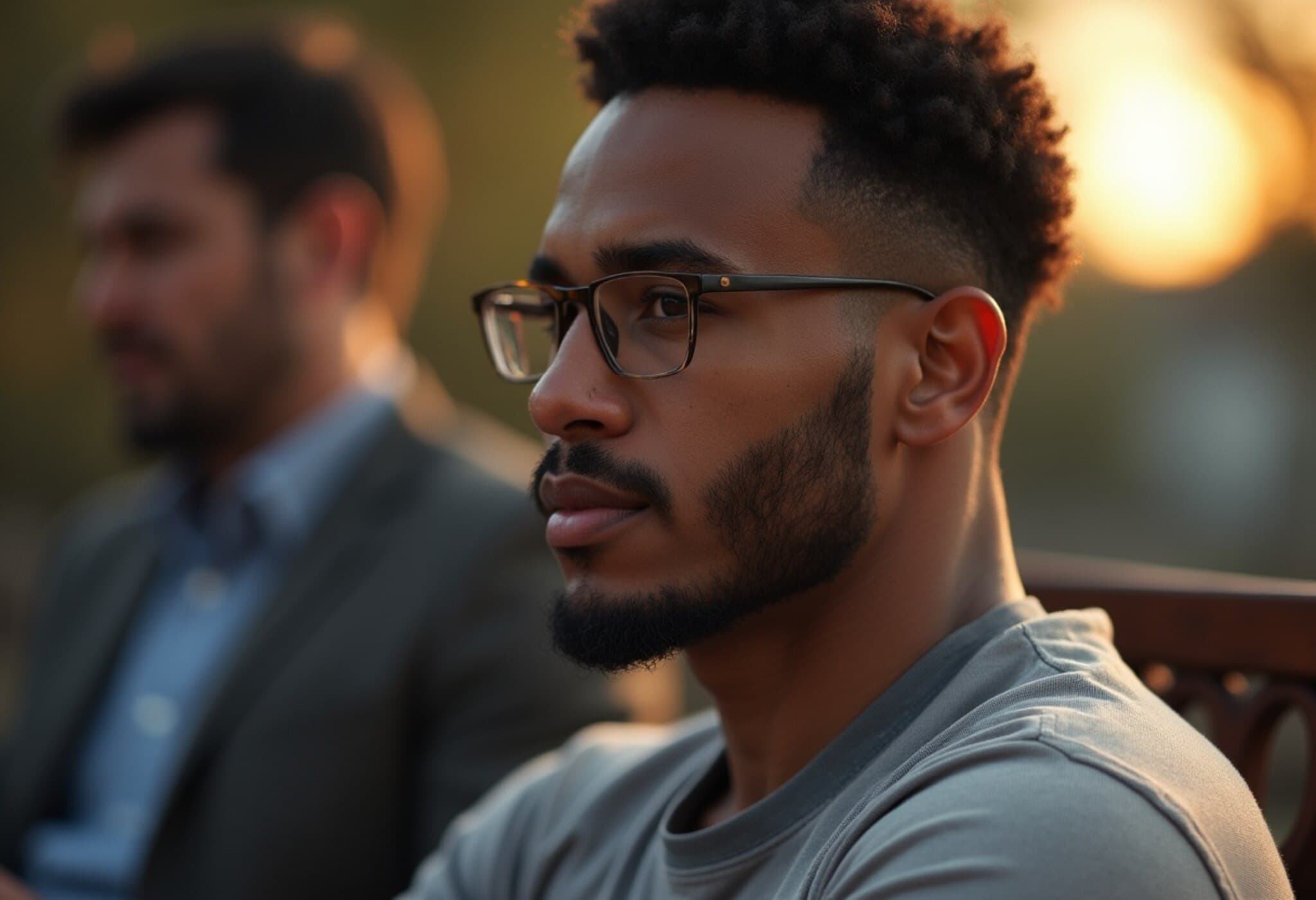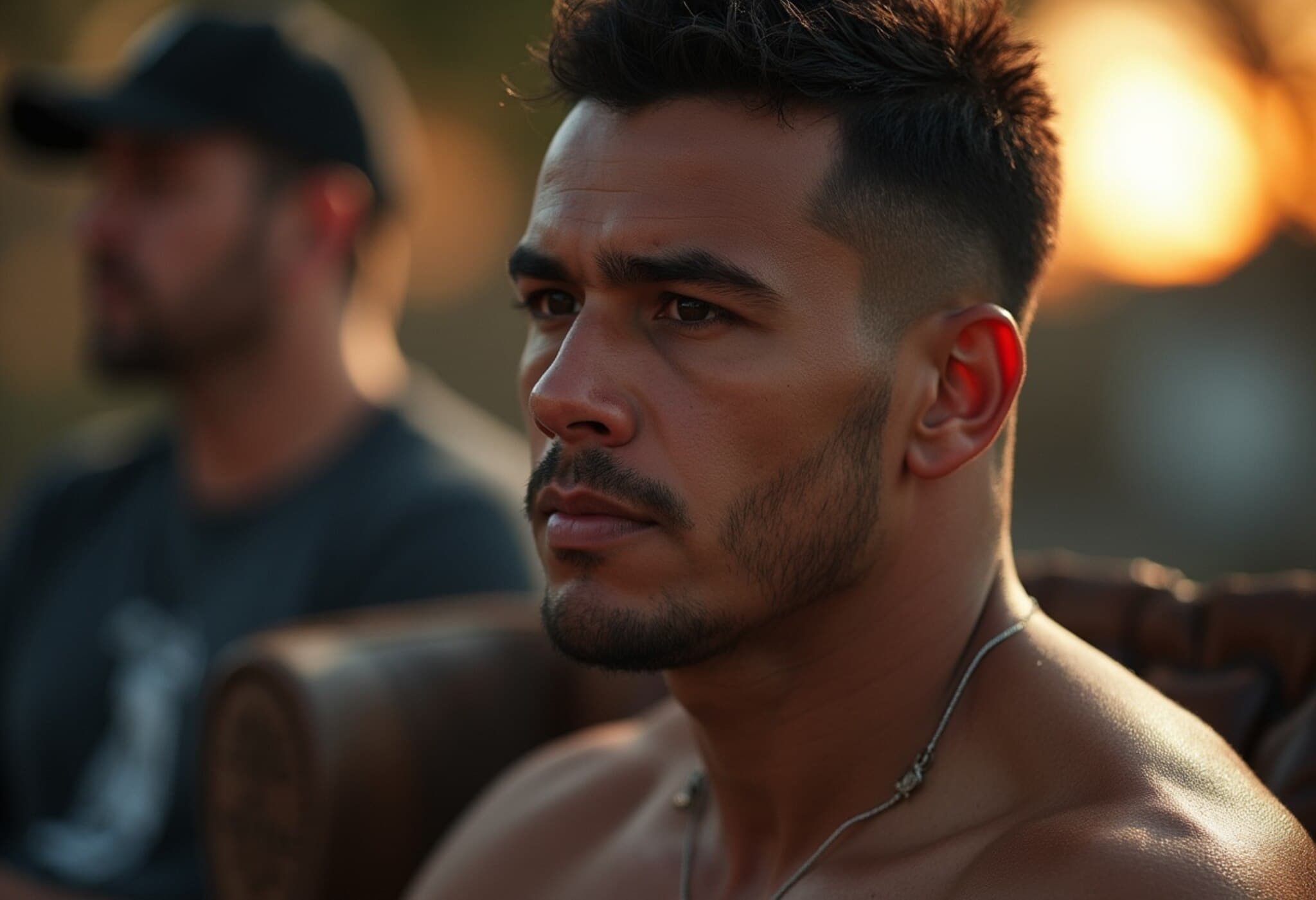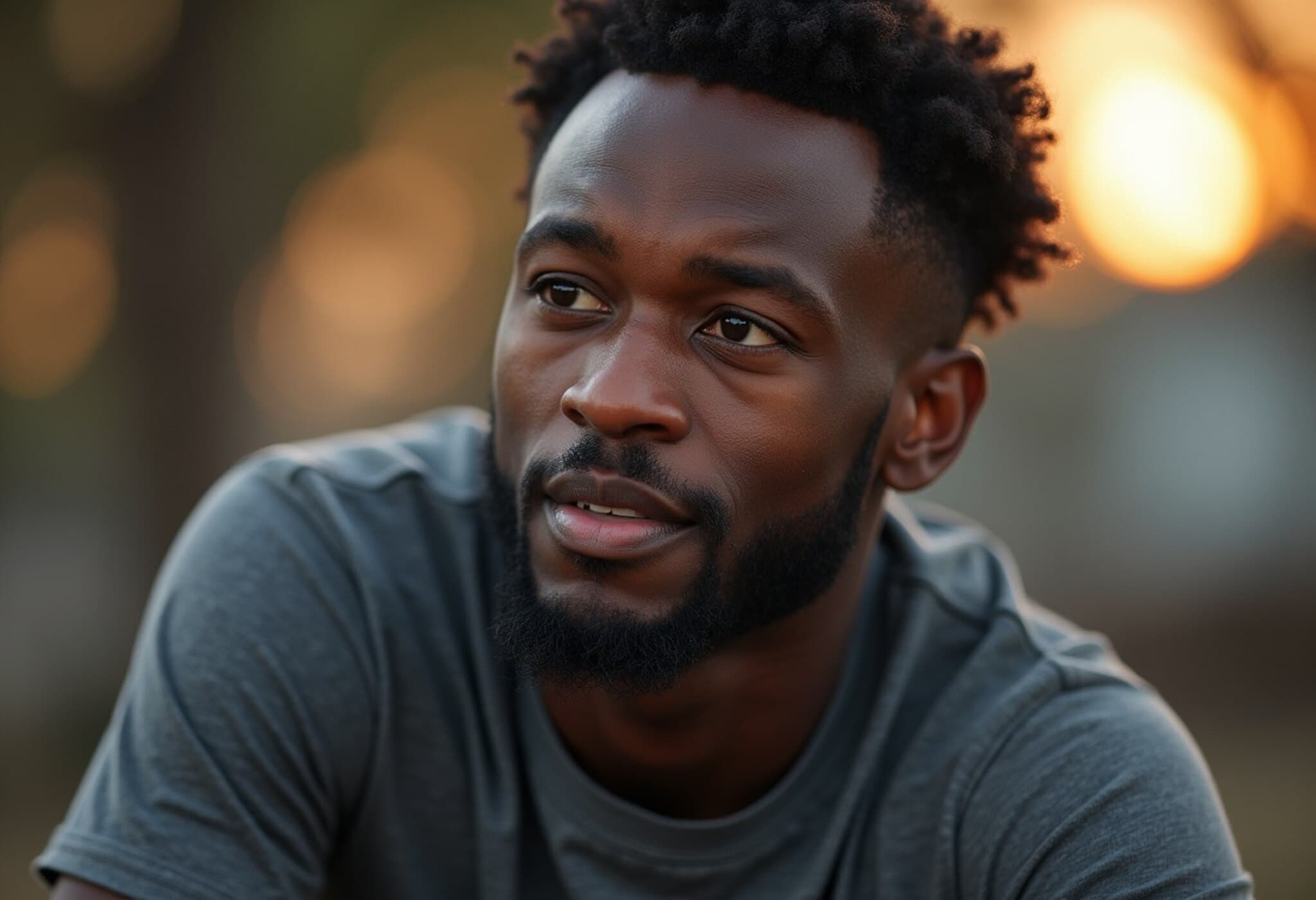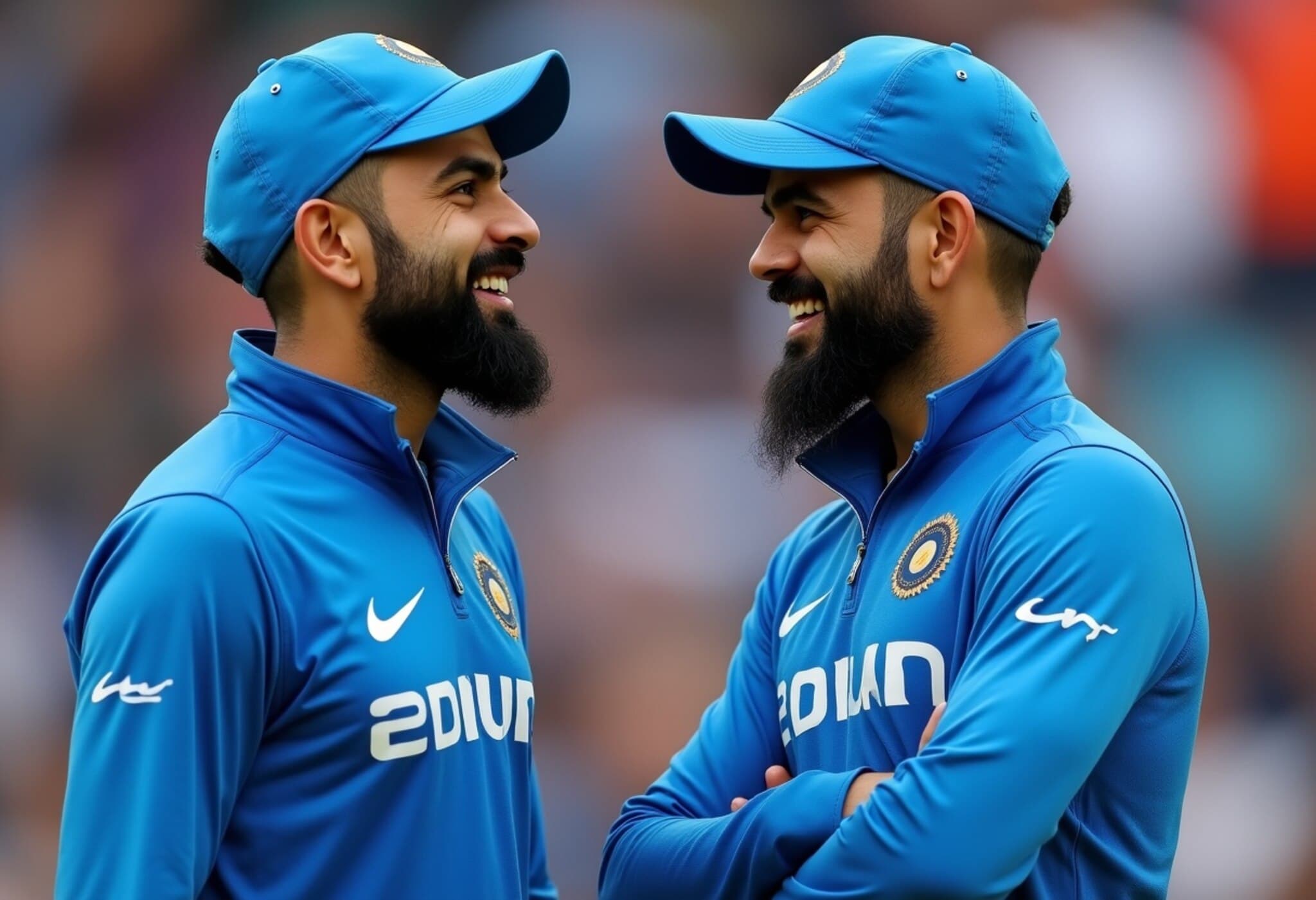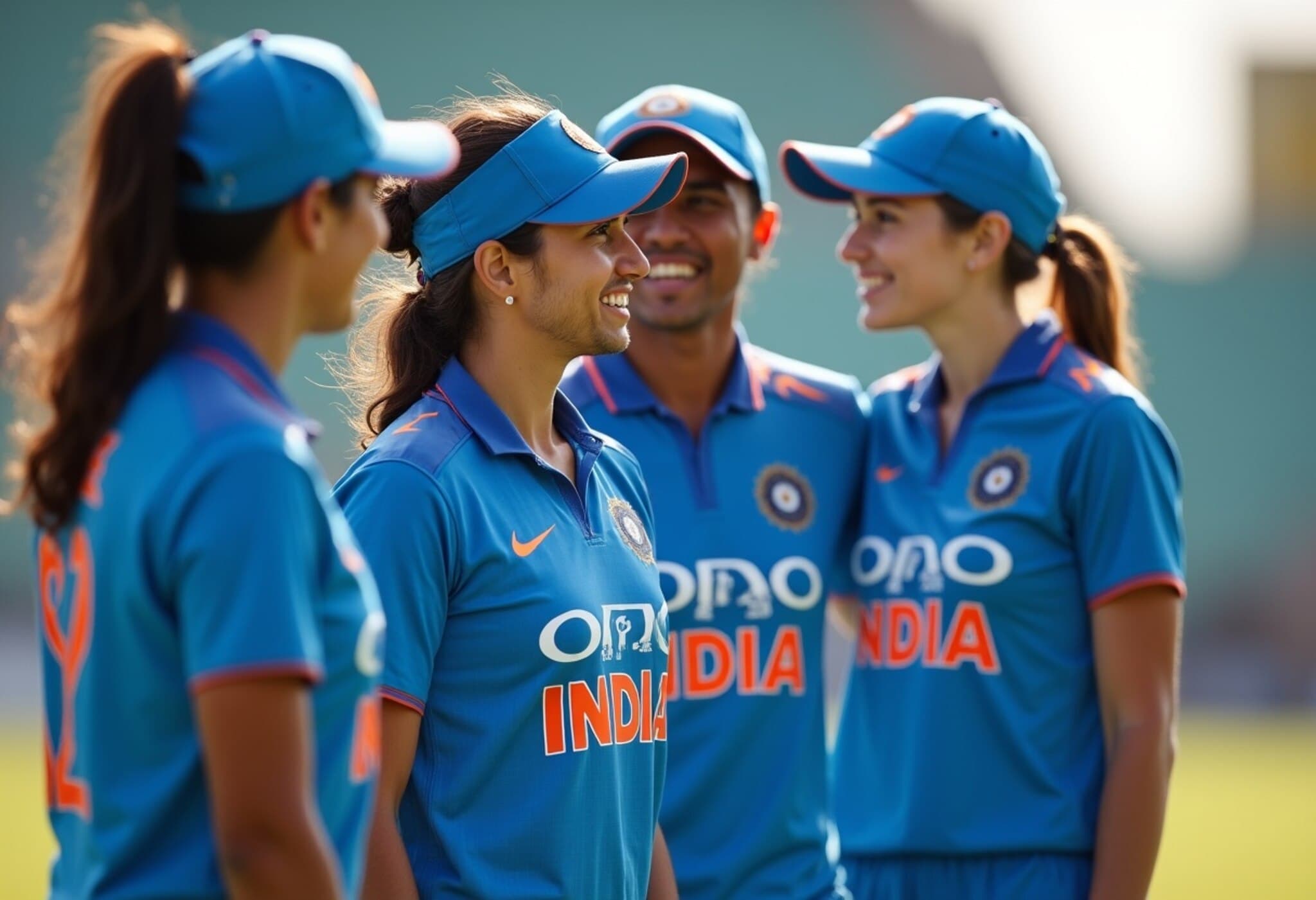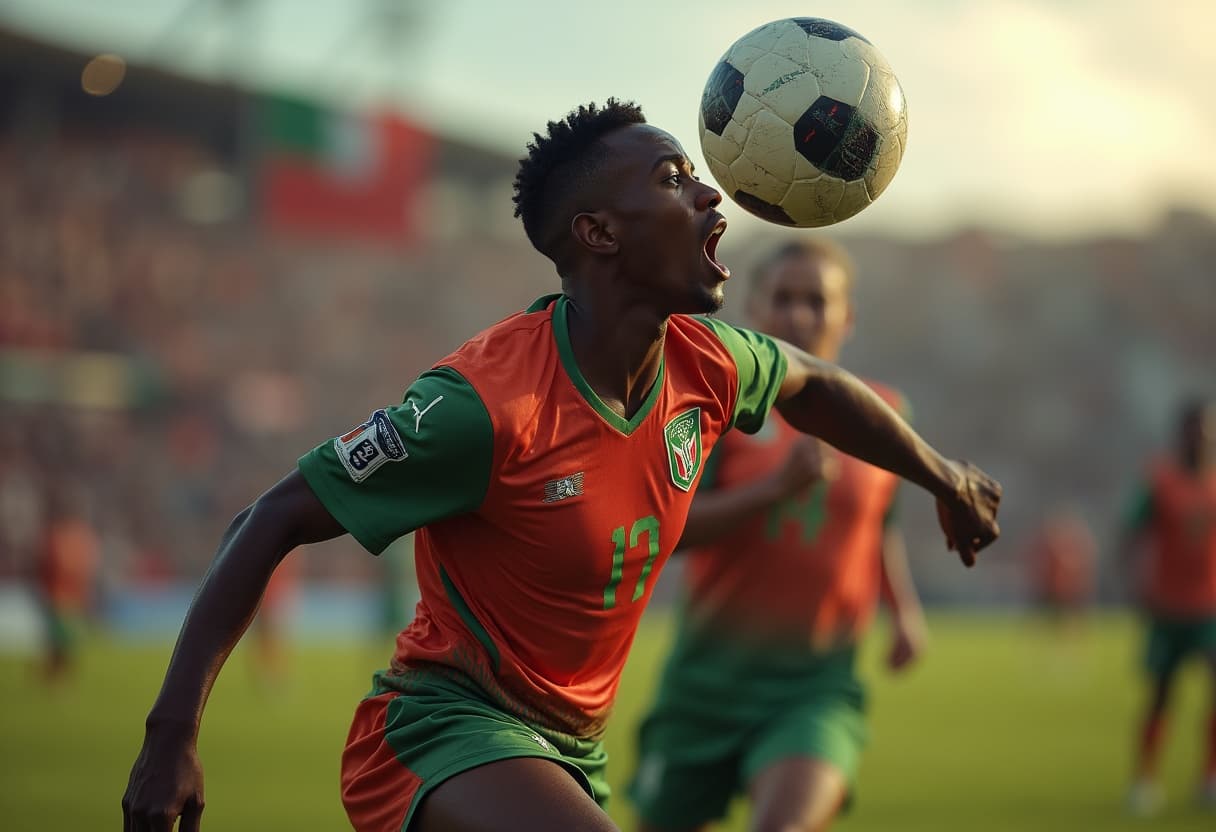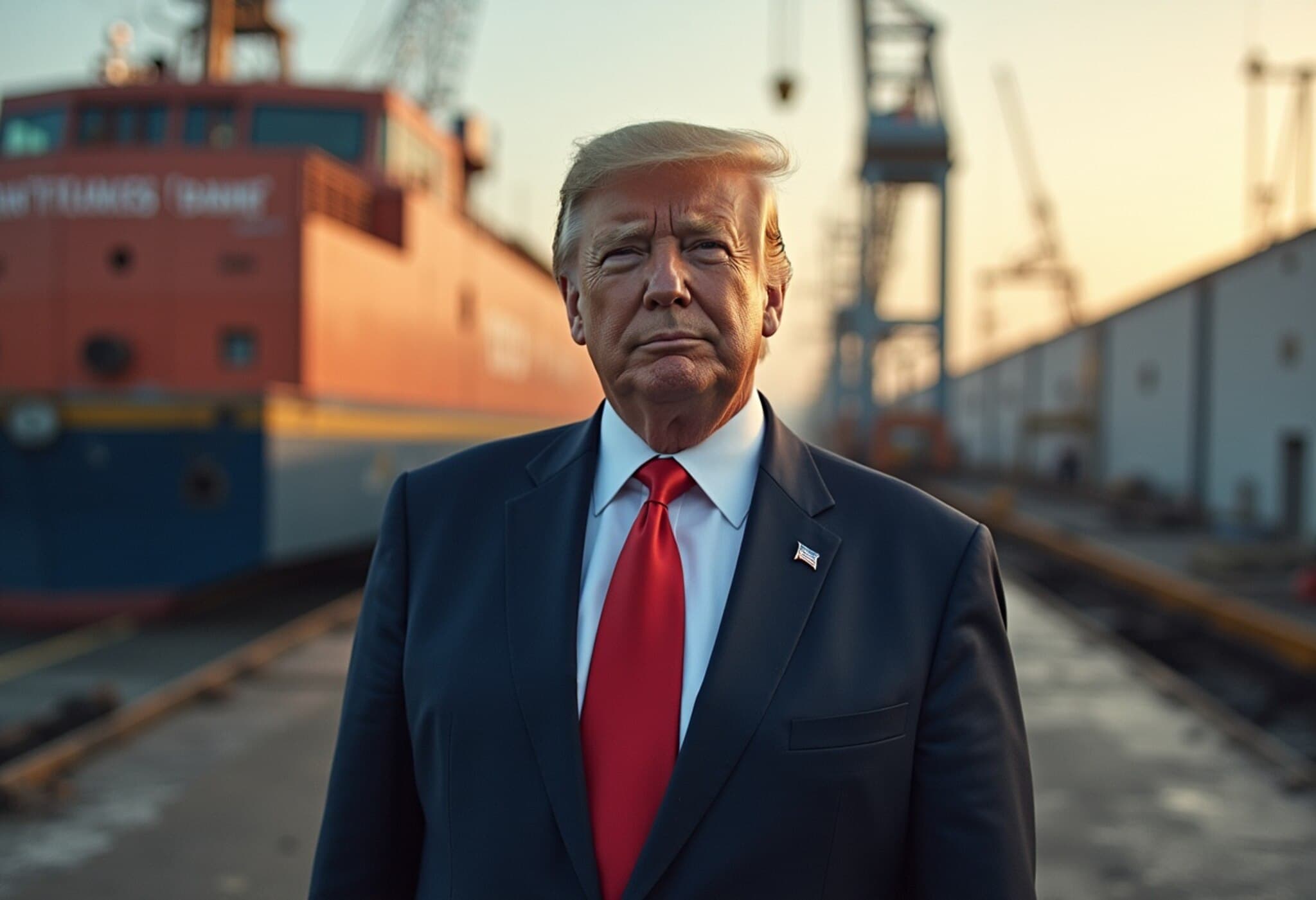From U.S. Army to Mexican Ring: The Unlikely Journey of Flip Gordon
In the vibrant world of lucha libre, Mexico’s iconic wrestling spectacle famed for its colorful masks and gravity-defying moves, the appearance of an American wrestler clad in military camouflage stands out like a bold splash of paint on a classic mural. Flip Gordon, born Travis Gordon Lopes Jr. and a former U.S. soldier, has forged an extraordinary path, transforming initial skepticism and jeers into cheers and admiration in Mexico’s fiercely passionate wrestling scene.
Wrestling with Identity: The Challenge of Being an American Soldier in Lucha Libre
When Flip Gordon first stepped into the ring wearing a camo outfit reminiscent of U.S. military fatigues, the gritos started immediately: “Gringo! Gringo! Gringo!” Mexican audiences, sensitive to the historical and political complexities between Mexico and the United States, viewed his character with suspicion. Memories of past military interventions, contested borders, and contemporary immigration tensions shaping the relationship under the Trump administration lingered in the background.
Unlike many foreign wrestlers cast as rudos (villains), Gordon adopted the role of a técnico—the beloved hero—delighting fans with his acrobatic style and charisma. This turn is significant, given that lucha libre often reserves the role of the hero for native Mexicans, while outsiders are relegated to antagonists. His journey explores what it means to embrace a new culture while wearing the symbolic uniform of his homeland.
Roots in Montana, Service to Country, and a Leap into Wrestling
Raised in Montana, Travis Gordon enlisted in the Army National Guard in 2012, balancing military service in Idaho and Massachusetts with a burgeoning wrestling career. Childhood flips in his backyard earned him the moniker ‘Flip.’ His goal to excel as a professional wrestler in the U.S. was clear, but the journey led him far beyond American shores.
In 2017, Flip made his lucha libre debut in Mexico. Little did he know, this experience would spark not only a career but a profound connection—personal and cultural. It was on a trip to Mexico that he met Barby Villela, a marketing professional involved with Mexico’s lucha libre promotions. Their relationship blossomed, culminating in marriage in 2023 and a full-time move to Mexico by Gordon that same year.
Embracing the Soldier’s Image – and Mexican Culture
Initially, Gordon concealed his military background to avoid alienating fans. Yet, encouraged by veteran luchadores, he gradually embraced his soldier identity, performing in custom camo outfits symbolizing his past. His wife saw the genius in blending the American soldier persona with Mexican wrestling’s theatricality. “We have kids’ souls,” she said. “Wrestling is our superhero culture. Imagine having G.I. Joe in the ring—it captures imaginations across generations.”
Training at iconic venues like Arena México and Arena Coliseo, Gordon combines military discipline with lucha’s artistry, even incorporating the traditional military salute before matches. Though he describes himself as “very nonpolitical,” his presence challenges fans to navigate complex feelings about nationality and identity.
From Booed Outsider to Title Holder and Cultural Bridge
Early on, boos from the crowd were deafening; being a foreigner wrapped in U.S. military symbolism wasn’t a recipe for instant stardom. Wrestling fan Fernando Damiron admits he was among the skeptics, but Flip’s perseverance, skill, and growing Spanish fluency shifted perceptions. Over time, Flip’s “gringo” role morphed from antagonist to beloved técnico, illustrating the power of cultural exchange and open-hearted connection in the ring.
His acrobatic prowess and earnest efforts to embrace Mexico’s language and customs culminated last fall when he became the first American to win the middleweight title in lucha libre history—a milestone achievement.
Today, Gordon is a permanent resident in Mexico, with plans to obtain citizenship, and his family is growing—his daughter was born in Mexico, and a second child is on the way. Despite wearing an American soldier’s attire, he proudly states, “I’m proud of where I come from, but I’m also proud that I’m evolving as a human and embracing a new culture.”
Expert Insight: What Flip Gordon’s Story Reveals About Sports and Cultural Identity
Flip Gordon’s journey underlines how sports can act as a powerful bridge between cultures, even amid geopolitical tensions. His transformation from a booed outsider into a cherished hero challenges simple narratives about nationalism and identity.
- Cultural Integration: Gordon’s success underscores the nuanced process immigrants often face—balancing pride in their heritage with genuine respect and adaptation to new cultures.
- Sports Diplomacy: In an era marked by strained U.S.-Mexico relations, his acceptance by Mexican fans reflects sports’ unique capacity to transcend political divides.
- Reimagining Identity: His portrayal of a heroic American soldier in a Mexican tradition invites audiences to reconsider stereotypes, emphasizing common humanity over cultural walls.
What Lies Ahead for The Gringo Técnico?
As Gordon settles into life in Mexico, his story prompts broader reflection on immigrant contributions to national cultures and the evolving meaning of cross-border identities. Fans and critics alike await his next moves—both in the ring and in life—as he builds a legacy that defies easy categorization.
Editor’s Note
Flip Gordon’s narrative is more than a sports story; it’s a portrait of cultural adaptation and the human desire for connection. His journey compels us to ask: How do we reconcile patriotism with global belonging? And how can shared passion, such as a love for lucha libre, dissolve barriers that politics often erect? In a polarized world, the ring may just be one place where new, more inclusive identities take center stage.


